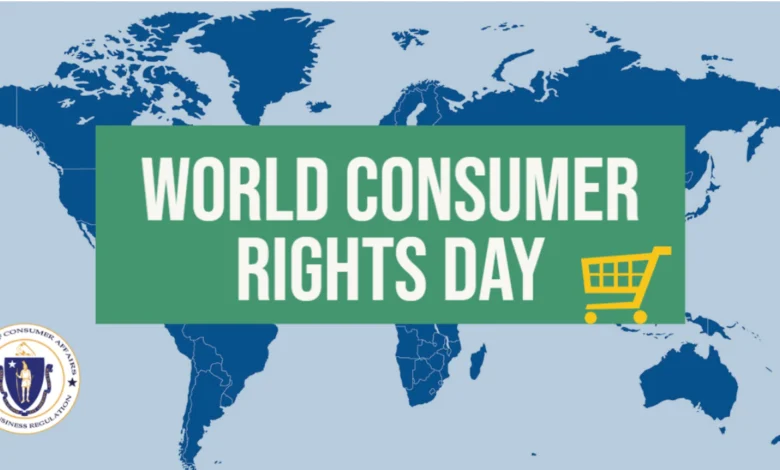How to Spot Fake Reviews: Tips for Being an Informed Shopper in 2023

As the popularity of online shopping continues to grow, so does the importance of customer reviews. Reviews can help us make informed decisions about what to buy and from whom to buy it. However, not all reviews are genuine. Some reviews are fake and written by people who have never used the product. In this article, we will discuss how to spot fake reviews and become Tips for Being an Informed Shopper.
Tips for Being an Informed Shopper.
- Importance of online shopping and customer reviews
- Rise in the number of fake reviews
What Are Fake Reviews?
- Definition of fake reviews
- Why do people write fake reviews?
- Who writes fake reviews?
How to Spot Fake Reviews
- Check the language and tone of the review
- Look for too many superlatives or too many negatives
- Analyze the timing of the reviews
- Check the reviewer’s profile
- Look for reviews with similar wording
- Use third-party review sites
- Trust your gut feeling
Tools for Detecting Fake Reviews
- Fakespot
- ReviewMeta
- Review Skeptic
What to Do if You Suspect a Review is Fake
- Report the review
- Contact the website or platform where the review was posted
- Leave a comment or reply to the review
Conclusion
- The importance of being an informed shopper
- The impact of fake reviews on the shopping experience
- Final thoughts
FAQs
- Can fake reviews be removed?
- Are all positive reviews fake?
- How common are fake reviews?
- Can I trust reviews from verified buyers?
- What are the legal consequences of writing fake reviews?
What Are Fake Reviews?
Fake reviews are reviews that are not genuine and written by people who have not actually used the product or service. These reviews are often used to manipulate consumers and influence their purchasing decisions. Fake reviews can be found on various platforms, including e-commerce sites, social media, and review sites.
How to Spot Fake Reviews
There are several ways to spot fake reviews. First, check the language and tone of the review. Fake reviews tend to be overly positive or negative and use excessive superlatives. Look for reviews with similar wording, as this may indicate that they were written by the same person or group of people. Analyze the timing of the reviews. If many reviews are posted at the same time, it may be an indication of a fake review campaign. Check the reviewer’s profile, as fake profiles may be used to write fake reviews. Finally, trust your gut feeling. If something seems too good to be true, it probably is.
Tools for Detecting Fake Reviews
Several online tools can help you detect fake reviews. Fakespot is a free tool that analyzes the language and tone of reviews to identify potential fakes. ReviewMeta is another tool that uses algorithms to detect fake reviews. Review Skeptic is a tool that uses machine learning to identify fake reviews.
What to Do if You Suspect a Review is Fake
If you suspect a review is fake, there are several actions you can take. Report the review to the platform where it was posted. Contact the website or platform where the review was posted. Leave a comment or reply to the review. By taking these actions, you can help prevent others from being misled by fake reviews.
Read More:The Top 10 Products Worth Buying in 2023: A Comprehensive Review
Conclusion:
In conclusion, fake reviews are a growing problem in the world of online shopping. However, by learning how to spot fake reviews and using online tools, we can become more informed shoppers. By being vigilant and taking action against fake reviews, we can help ensure that our online shopping experiences are positive and trustworthy.
FAQs
- Can fake reviews be removed?
Yes, fake reviews can be removed. Most websites have policies in place to remove fake reviews once they have been identified. You can report fake reviews to the platform where they were posted, and the platform will take appropriate action.
- Are all positive reviews fake?
No, not all positive reviews are fake. However, it is important to be skeptical of overly positive reviews and to look for a balance of positive and negative reviews. Genuine reviews are typically more nuanced and balanced.
- How common are fake reviews?
Fake reviews are becoming increasingly common. According to a recent study, around 36% of reviews on Amazon are fake. Fake reviews can be found on other platforms as well, including Yelp, TripAdvisor, and Google Reviews.
- Can I trust reviews from verified buyers?
Reviews from verified buyers are generally more trustworthy than reviews from non-verified buyers. However, even verified buyer reviews can be fake, so it is important to look for other signs of authenticity.
- What are the legal consequences of writing fake reviews?
Writing fake reviews is illegal in many countries, including the United States and the United Kingdom. Those who are caught writing fake reviews can face fines and legal action. In addition, businesses that are caught using fake reviews may face reputational damage and loss of business.











One Comment